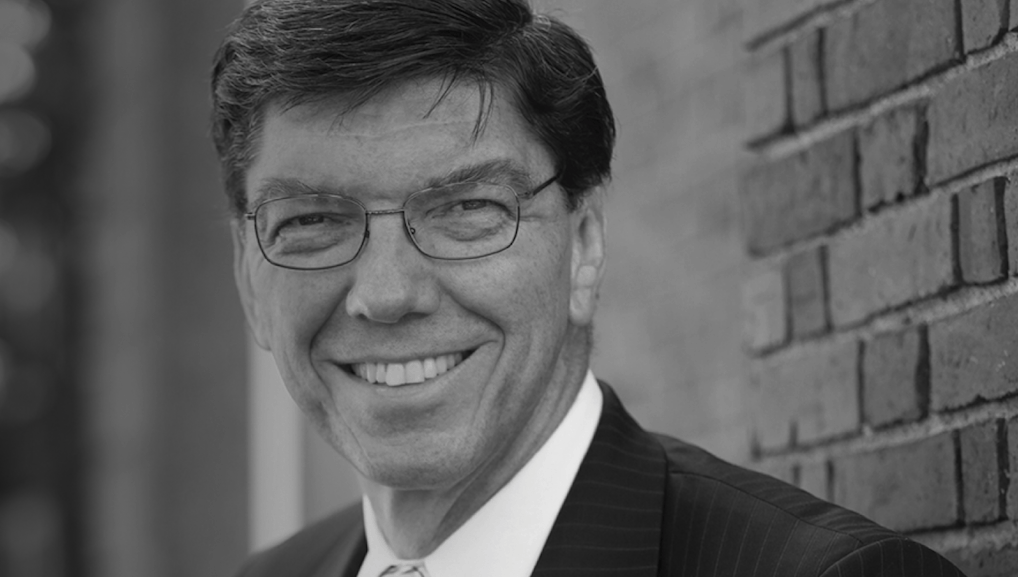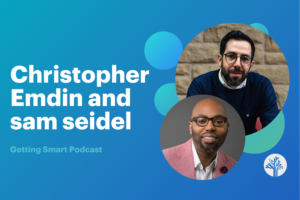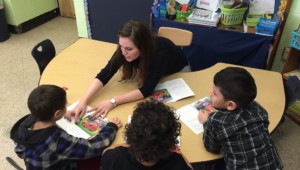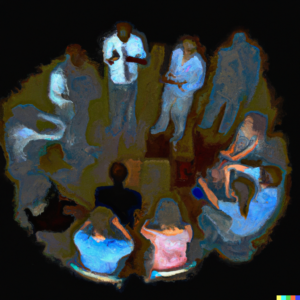Clayton Christensen on Being Intentional

Paddle boats on the Mississippi—that’s how Clayton Christensen started his well-considered answer the first time I interviewed him in public. I was nervous, I thought he had misunderstood the question, what could paddle boats have to do with education? But after a few twists and turns like the winding river, Clay’s story came around to a poignant lesson. I smiled, so did he.
Clay taught us to understand the world. The quiet, unassuming, always considered intellectual giant left us with a few tools that help us work and live better.
Most famous (and frequently misused) is Christensen’s theory of disruptive innovation. It’s not about breakthrough new products, it’s about innovations that make products and services more accessible and affordable, thereby making them available to a larger population.
With his graduate student Michael Horn, Christensen applied his theory of disruptive innovation to education in his 2008 book, Disrupting Class: How Innovation Will Change the Way the World Learns arguing that innovations in technology will generate student-centric forms of digital learning, create customized learning for the individual, and provide innovative alternatives to traditional teaching and learning tools.
In a recent conversation, Michael Horn and I recalled the hours we spent reviewing the early drafts of Disrupting Class and arguing about whether and how Clay’s theories applied to a public delivery system. In the end, the book was overly optimistic about change mechanisms in K-12 education but prophetic about postsecondary learning where change (given more prevalent market forces) continues to accelerate.
Michael Horn went on to be founding Education Director of the Clayton Christensen Institute which, with Disrupting Class, accelerated and guided the historic shift from print to the digital and rapid adoption of blended learning in America in the last decade.
Christensen’s jobs to be done theory asked us to look beyond superficial categories of consumer choice to the real functional and emotional reasons that people make the choices they do. His institute explains, “People don’t simply buy products or services; they pull them into their lives to make progress.” Clay called this progress the “job” they are trying to get done—and understanding this opens a world of innovation possibilities.
Michael Horn and Bob Moesta used this jobs framework to identify the five reasons that people choose college. These insights will help a generation of young people make better-informed decisions about postsecondary studies and will help institutions support a better match.
Julia Freeland Fisher, the current Director of Education at the Christensen Institute, used the jobs to be done framework to explore how young people build social capital. In her book, Who You Know: Unlocking Innovations That Expand Students’ Networks (and in a podcast interview), Fisher outlines show schools can improve student access to caring adults and mentors and how innovation can help.
Most useful to my own thinking was Christensen’s admonition to uncover the theories in use–the assumptions, both good and bad, that guide complex systems. In thousands of settings, Clay helped groups small and large develop a shared understanding of their world so that they could forge a common path forward.
On a Life Worth Living
Christensen lived a reflective life. Later in life, he shared his thinking about making a contribution. Ten quotes from his book How Will You Measure Your Life? capture his life lessons:
On mission: “having a clear purpose in my life has been essential. But it was something I had to think long and hard about before I understood it. When I was a Rhodes scholar…I decided to spend an hour every night reading, thinking, and praying about why God put me on this earth.”
On learning: “if your attitude is that only smarter people have something to teach you, your learning opportunities will be very limited. But if you have a humble eagerness to learn something from everybody, your learning opportunities will be unlimited
On humility: “you can be humble only if you feel really good about yourself—and you want to help those around you feel really good about themselves, too.”
On impact: “Don’t worry about the level of individual prominence you have achieved; worry about the individuals you have helped become better people.”
On motivation: “the powerful motivator in our lives isn’t money; it’s the opportunity to learn, grow in responsibilities, contribute to others, and be recognized for achievements.”
On leadership: “Management is the most noble of professions if it’s practiced well. No other occupation offers as many ways to help others learn and grow, take responsibility and be recognized for achievement, and contribute to the success of a team.”
On time: “People who are driven to excel have this unconscious propensity to underinvest in their families and overinvest in their careers—even though intimate and loving relationships with their families are the most powerful and enduring source of happiness.”
On family: “If you want your kids to have strong self-esteem and confidence that they can solve hard problems…You have to design them into your family’s culture—and you have to think about this very early on. Like employees, children build self-esteem by doing things that are hard and learning what works.”
On principle: “it’s easier to hold to your principles 100% of the time than it is to hold to them 98% of the time…You’ve got to define for yourself what you stand for and draw the line in a safe place.”
On measurement: “Think about the metric by which your life will be judged, and make a resolution to live every day so that in the end, your life will be judged a success.”
If your life and work were impacted by Clay Christensen, we’d love to hear from you. Comment below and share so we can all take a moment to honor the work of such a powerful innovator, leader, and friend.
For more, see:
- Clayton Christensen, The Gentle Giant Of Innovation (Michael Horn’s tribute)
- Podcast: Michael Horn on Choosing College
- Why Schools Should Bridge the Generational Divide (Julia Freeland Fisher)
- Who You Know: Relationships are an Undervalued Asset for Students
Stay in-the-know with innovations in learning by signing up for the weekly Smart Update.








Gregg Brown
A worthy tribute, Tom; and well said. As you know, education is my second career too. For over a decade, we utilized his thinking on innovation to disrupt the telecom industry. Now I get the opportunity to apply those same techniques to education. His approach to innovation provides a common framework that allows all stakeholders to grasp the urgency and the magnitude of both the challenge and "the solution". He not only leaves a legacy but an institute in good hands under the leadership of Julia Freeland Fisher.